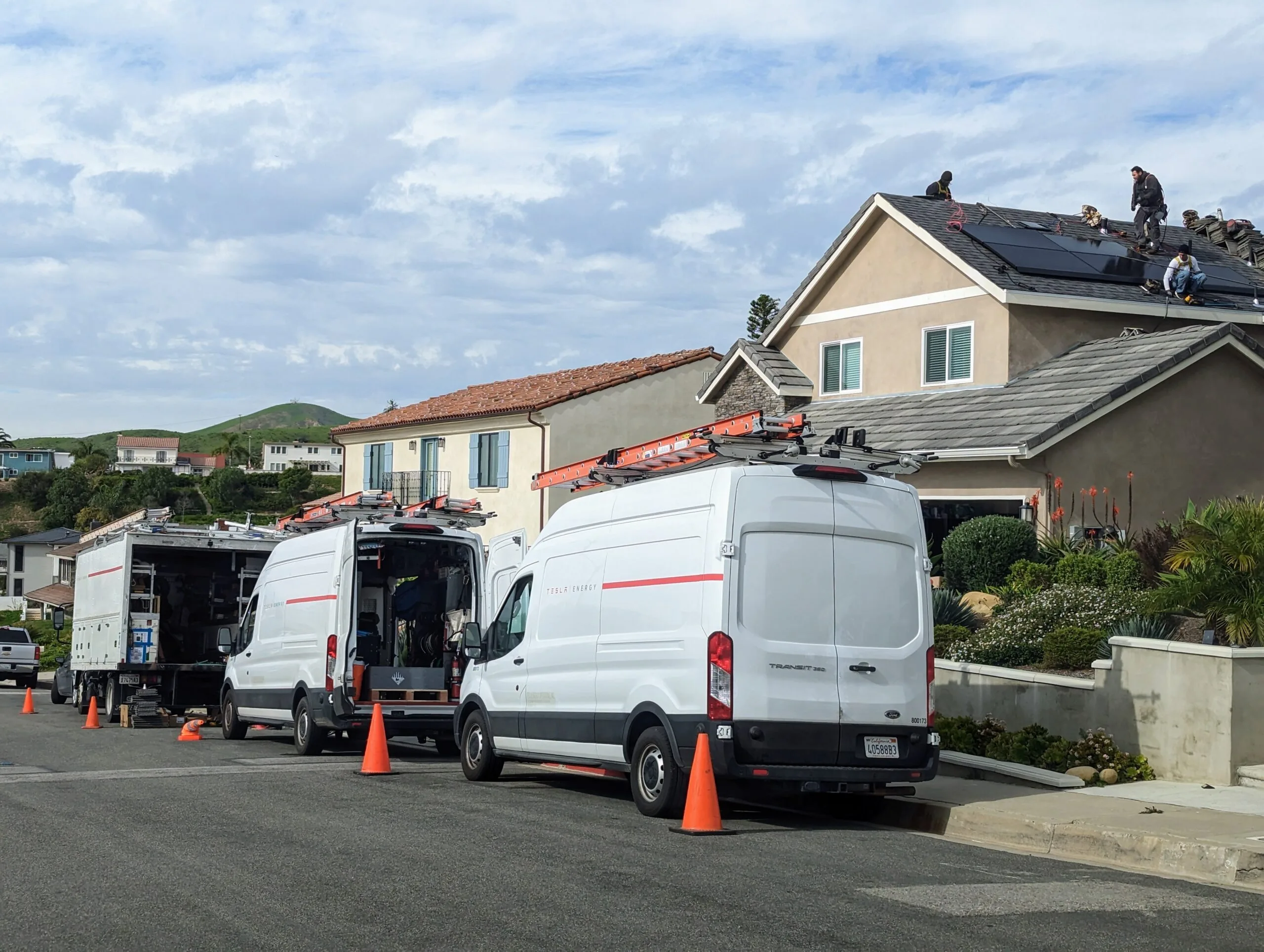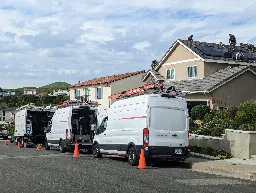Debunking The "Dirty" Solar Panels And Battery Myth
Debunking The "Dirty" Solar Panels And Battery Myth

cleantechnica.com
Debunking The "Dirty" Solar Panels And Battery Myth - CleanTechnica

Debunking The "Dirty" Solar Panels And Battery Myth::Solar panels and residential storage batteries are accused of having huge amounts of embedded carbon. The truth is quite the opposite.
